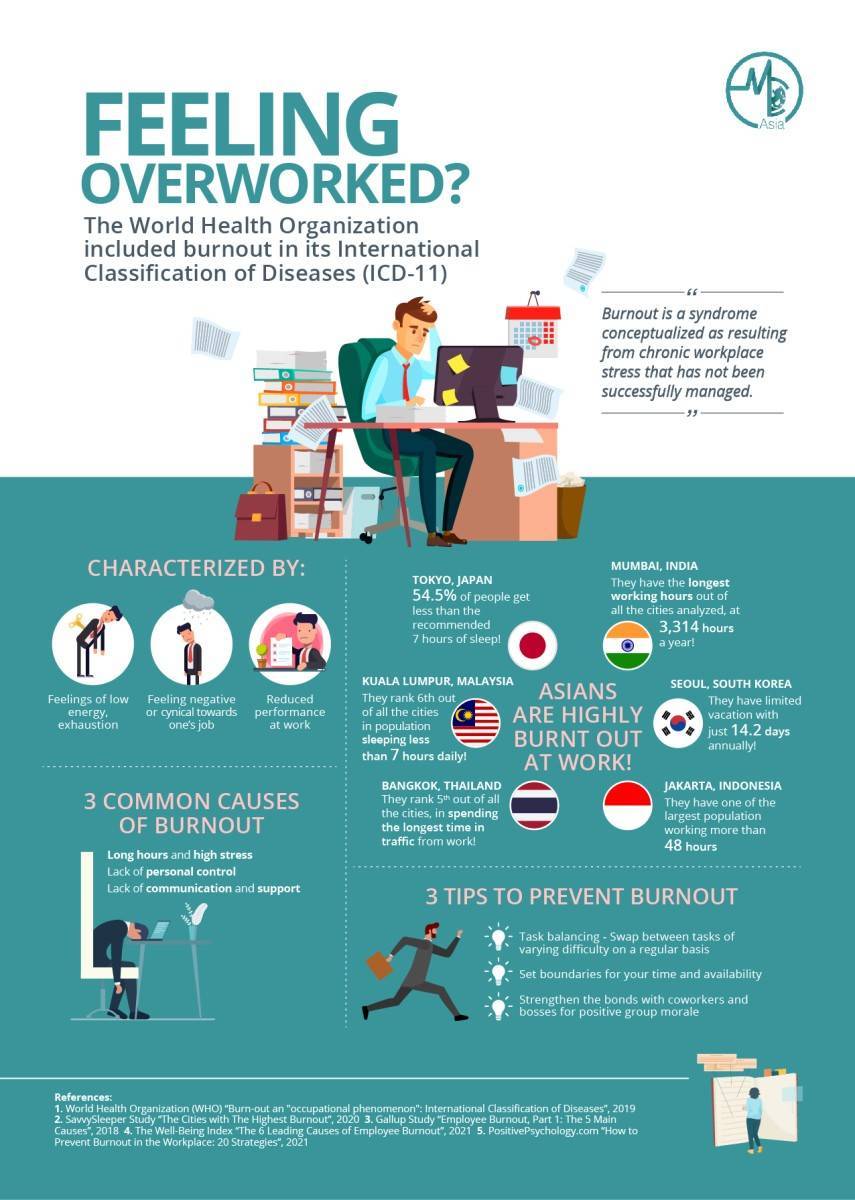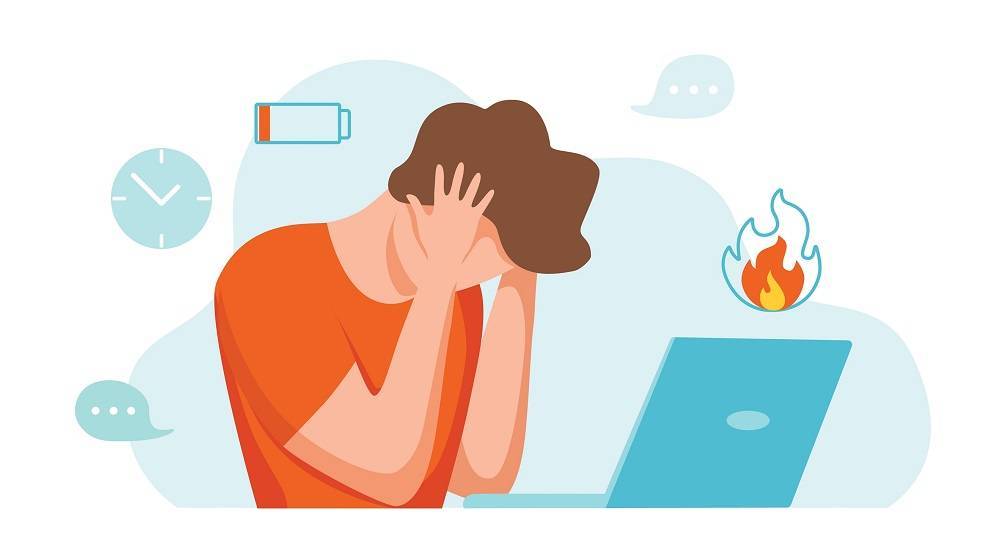‘The Great Resignation’ is a global trend of workers quitting their jobs in this post-pandemic era. Resigners are evaluating their priorities, choosing to walk away from their jobs in search of more meaningful work, better pay, and relief from workplace burnout.
The research is clear: while the pandemic has caused stress and grief for millions, at the same time, the disruption of the past two years provided space for workers to evaluate and assess their priorities and their options. Millions of workers are changing how they think about work, their purpose and the impact of their careers.
Michael E. Hansen, CEO, Cengage Group.
Burnout isn’t a new problem arising from the pandemic. Deloitte’s workplace well-being survey as early as in 2015 found out that 77% of respondents said they have experienced employee burnout at their current workplace. To that, 91% of respondents feel that having an unmanageable amount of stress negatively impacts work quality.
Research have shown time and again that burnout has serious physical, psychological and work-life consequences. From reduced work performance, productivity and work-life balance; to increased chronic depression, prolonged fatigue and cardiovascular disease. In extreme cases, it may even lead to premature death such as a sudden stroke or suicide. This culture is so pronounced in Asia that Asian languages even have an official name for it: 過労死 (Japanese), 过劳死 (Mandarin), or 과로사 (Korean), meaning death or suicide from overwork!

[Download the full infographic in PDF]
Are you feeling burnt out at work? Don’t suffer in silence! Workplace stress is unavoidable, but workplace burnout is. While employers have a big part to play to foster a conducive workplace environment, you can try these tips. Regain a sense of control at work and reduce your workplace stress to prevent burnout!

